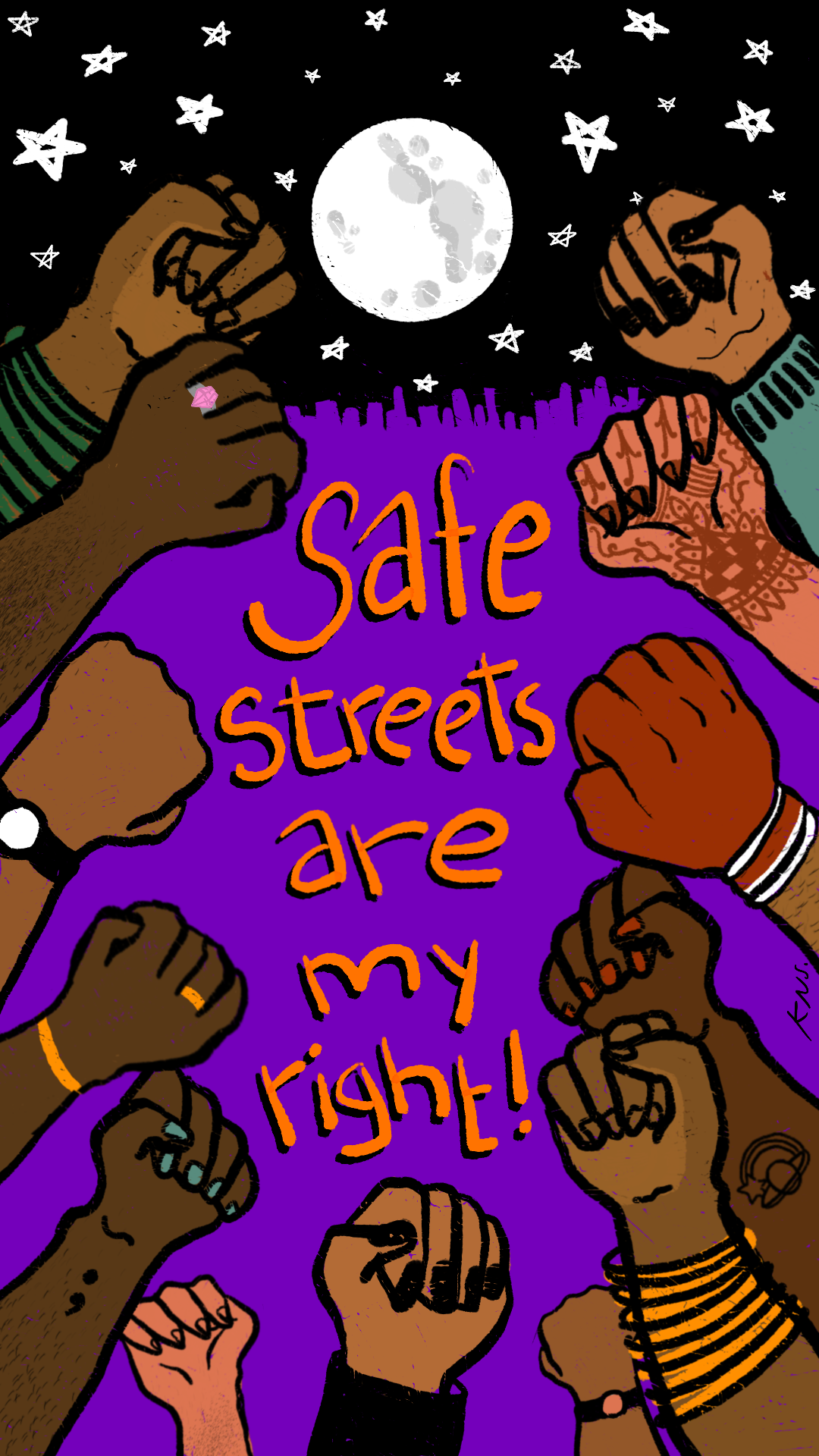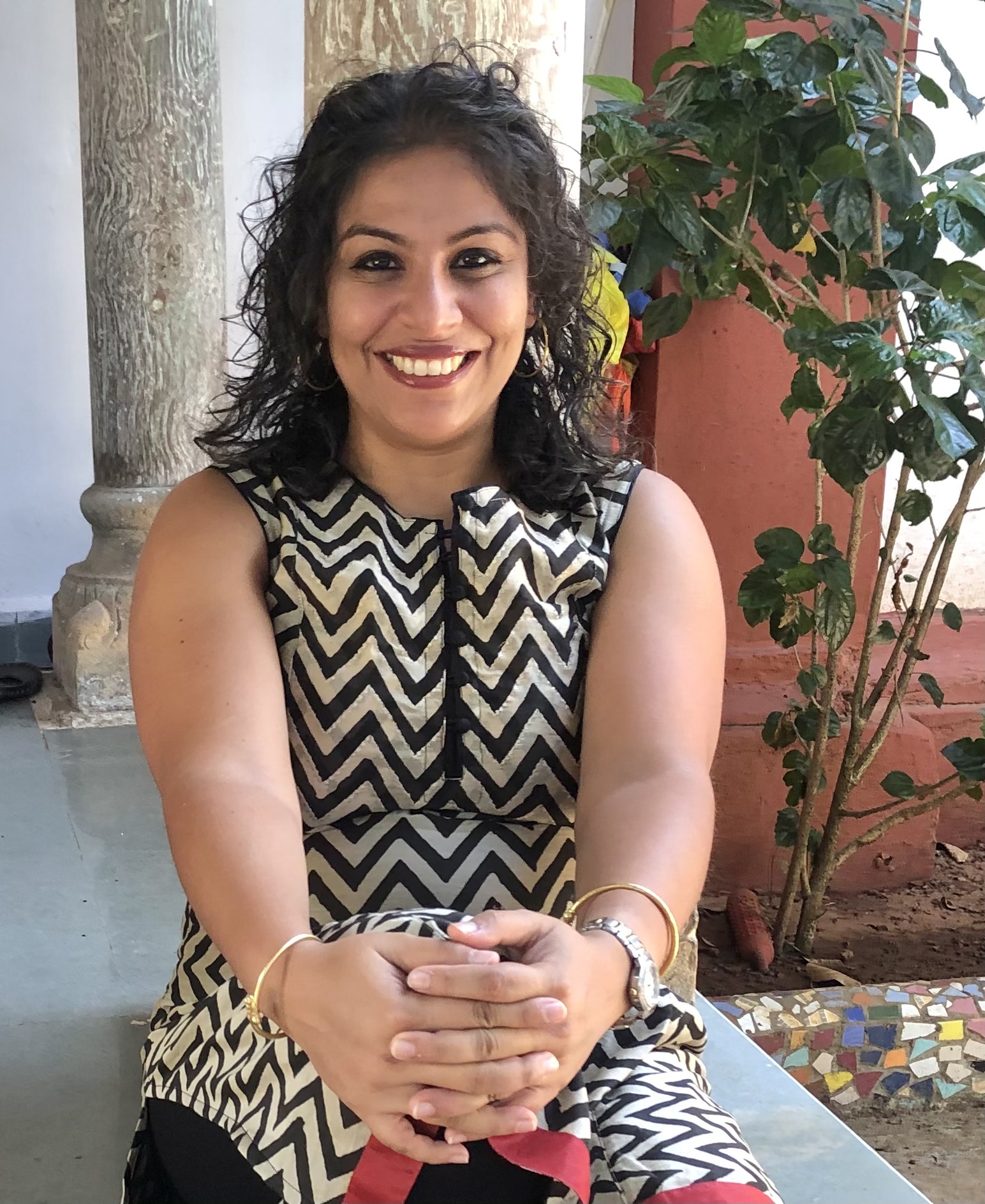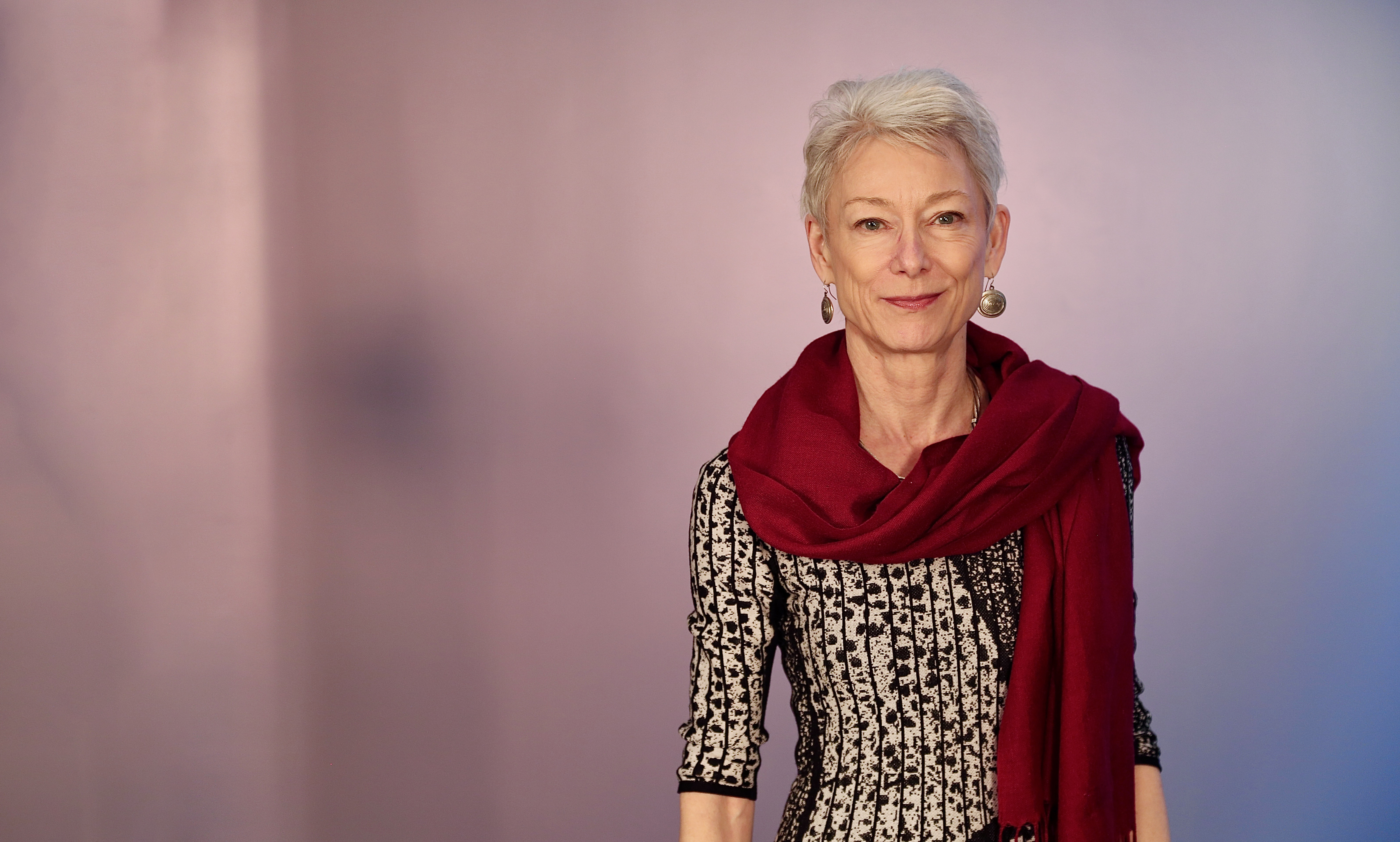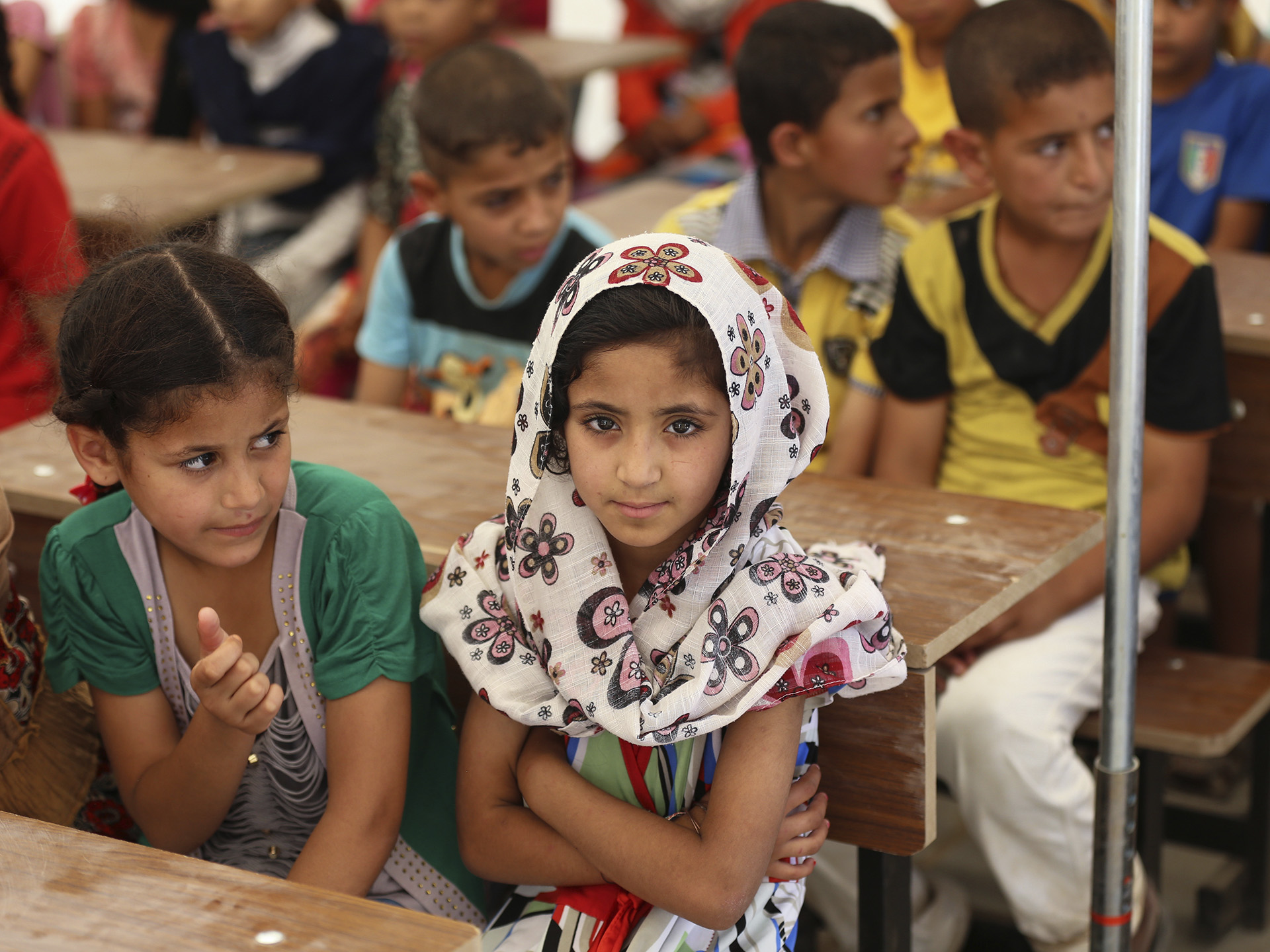Twenty years ago, I was a teacher at a small municipal school in a poor urban neighborhood that housed a large set of brothels. After turning twelve, the boys were sent off to boarding school, the result of years of savings under mattresses. After turning twelve, the girls were sent off to “help” their relatives in villages which, I soon learned, was code for their being sold off as domestic workers or sex workers. The lucky ones were married off to men who did not mind receiving a bride without a dowry. Mostly these were sixty and seventy year old men, looking for a deal on household help.
Yet these girls were not counted in the education landscape at the time, a landscape that had just proudly achieved gender parity in primary school attendance. Today, parity has spread from primary to secondary schools in most parts of the world. But girls like these remain invisible.
Yet, if there is any one thing, a golden bullet, that could have changed these girls’ lives, it would have been for them to stay in school.
When UNGEI came into being in 2000, it was to serve these girls and support education systems to serve them. It recognized that education is the best way for children of all genders to learn to question harmful gender norms and the most substantial platform for them to develop aspirations that are not limited by what their mothers and fathers have done. Gender equality in and through education became UNGEI’s motto and #Educate4Equality its tagline.
 Last year, when UNGEI celebrated its 20th anniversary it did so in a completely different world, a world shut behind doors, a world of empty schools where teachers, principals, education officers, ministers and planners are cut off from the children they serve, stuck behind computer screens, waiting for networks to free up and data to upload. COVID-19 and its unending ripple of lockdowns has only widened the gaps that already existed. Teachers in developing countries around the world are nervous about vulnerable children coming back to school, especially adolescent girls with their heightened risk of sexual violence and increased care work in the home. LGBTQI+ children have suffered in lockdowns that have shut them off from friends, services and empathy. For millions of first generation schoolgoers, for whose families the value proposition of girls being in school was precarious to begin with, COVID-19 related school closures have effectively ended their education. UNFPA project that the pandemic is likely to have delayed efforts to end child marriage and female genital mutilation (FGM), leading to an estimated 13 million more cases of child marriage and 2 million more case of FGM over a 10-year period, that may otherwise have been averted. Painstaking progress over decades, wiped out in a year.
Last year, when UNGEI celebrated its 20th anniversary it did so in a completely different world, a world shut behind doors, a world of empty schools where teachers, principals, education officers, ministers and planners are cut off from the children they serve, stuck behind computer screens, waiting for networks to free up and data to upload. COVID-19 and its unending ripple of lockdowns has only widened the gaps that already existed. Teachers in developing countries around the world are nervous about vulnerable children coming back to school, especially adolescent girls with their heightened risk of sexual violence and increased care work in the home. LGBTQI+ children have suffered in lockdowns that have shut them off from friends, services and empathy. For millions of first generation schoolgoers, for whose families the value proposition of girls being in school was precarious to begin with, COVID-19 related school closures have effectively ended their education. UNFPA project that the pandemic is likely to have delayed efforts to end child marriage and female genital mutilation (FGM), leading to an estimated 13 million more cases of child marriage and 2 million more case of FGM over a 10-year period, that may otherwise have been averted. Painstaking progress over decades, wiped out in a year.
This is a world that needs UNGEI more than ever.
UNGEI has advocated for the rights of girls and other vulnerable children for the last twenty years, but perhaps never as intensely as in 2020 when we put together all of our experience, knowledge, networks, and partners to rally around gender equality in and through education. We continued the long work of democratizing spaces of power by supporting 400 young feminist networks in developing countries to lead local dialogues and join and speak at global ones. They have already influenced international policy. In collaboration with our partners, we published tool kits and standards to build back equal. With our partners at UNICEF, IIEP, UNESCO and GPE, we built a foundation in West Africa, supported by the governments of France, Italy, Germany, UK and the EU to enable Ministries of Education and civil society organizations in eight countries to not just learn how to make schools gender-transformative but to actually help them do it.
This hard work will only intensify in 2021 and 2022. Our years of work on Gender-Responsive Education Sector Planning (GRESP) with the Global Partnership for Education (GPE) is more critical than ever to support systems and schools to be responsive to the gendered vulnerabilities of students. We will ramp up our advocacy for gender-responsive education in emergencies (EiE) in partnership with Education Cannot Wait (ECW) and the Inter-agency Network for Education in Emergencies (INEE), leveraging the EiE-GenKit as a core resource package to ensure EiE interventions are gender-responsive and inclusive. The strong results from a pilot in Zimbabwe on a whole-school-approach to end School-Related Gender-Based Violence (SRGBV) will inform our advocacy to garner multifold resources and investment in this promising approach. We will do this together with our partner UNESCO and with USAID, France, Ireland, Canada, Norway, the Safe to Learn campaign and every other partner in the Global Working Group to End SRGBV.
 And we will grow our new portfolios. Allied with Plan International and Gender at Work, the young feminist activists of Transform Education will continue to advocate for gender-transformative education and we will build their capacity and resources (including by providing data to speak in global meetings). We don’t want to just talk about the gender digital divide anymore, we want to bring partners together to end it. We want to develop a clear and measurable path to a world where schools (and the journeys to and from schools) are safe. We want Gender Studies to be as ubiquitous in school timetables as Physics and Physical Education. We want women in leadership positions in education systems. Borrowing lessons from organizations like FHI360, Promundo and MenEngage, we want to champion male teachers who role model positive masculinity to the boys they teach.
And we will grow our new portfolios. Allied with Plan International and Gender at Work, the young feminist activists of Transform Education will continue to advocate for gender-transformative education and we will build their capacity and resources (including by providing data to speak in global meetings). We don’t want to just talk about the gender digital divide anymore, we want to bring partners together to end it. We want to develop a clear and measurable path to a world where schools (and the journeys to and from schools) are safe. We want Gender Studies to be as ubiquitous in school timetables as Physics and Physical Education. We want women in leadership positions in education systems. Borrowing lessons from organizations like FHI360, Promundo and MenEngage, we want to champion male teachers who role model positive masculinity to the boys they teach.
The road ahead is long but we are not alone. Our Global Advisory Committee members, our CSO partners, our bilateral and multilateral partners, our philanthropic partners and our young feminist partners are with us, and our Steering Committee guides us every step of the way.
It is my honour and privilege to come into this role as the Head of the UNGEI Secretariat and contribute to the greatest golden bullet the world has ever seen – gender equality in and through education. Now let’s roll up our sleeves and get moving. We are looking forward to working with you.


 English
English العربية
العربية Български
Български Hrvatski
Hrvatski Čeština
Čeština Dansk
Dansk Nederlands
Nederlands Suomi
Suomi Français
Français Deutsch
Deutsch Ελληνικά
Ελληνικά हिन्दी
हिन्दी Italiano
Italiano Română
Română Русский
Русский Español
Español Maltese
Maltese Zulu
Zulu አማርኛ
አማርኛ